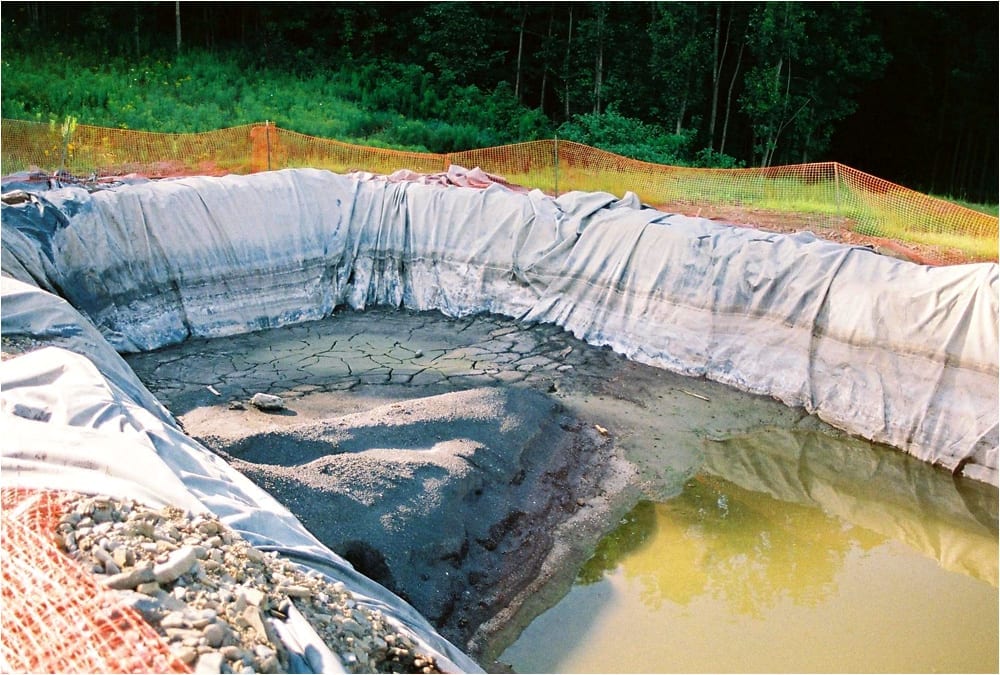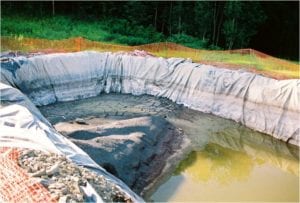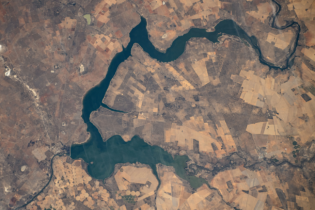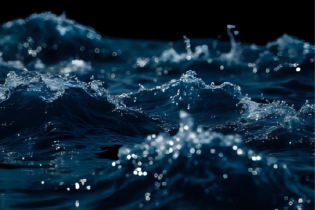
A file photo of hydrolic fracking.
The Eastern Cape town of Matatiele was recently the site for revolutionary change, as the community joined together in its resistance against corporate giants planning to frack in this area and over 6 000 000 km
2 across the rest of South Africa.
The fracking firms that plan to venture on South Africa’s soil include Rhino Oil and Gas, Afro Energy, Sungu Sungu and Motuoane Energy.
The Frack Free Fest which took place in October and was attended by 120 delegates, including NGOs, community members and leadership. An invitation was extended to members of parliament to join this gathering and engage with community members who stand to lose their land from the proposed fracking.
Cheryllyn Dudley, who represented ten political parties, joined the community to understand some of their concerns around fracking to extract gas from shale or coal. Concerns included environmental degradations, water contamination, loss of land, agricultural concerns and the communities’ livelihoods. The concerns were documented in the Matatiele Manifesto.
As a result of this community gathering, parliament agreed to host a debate on fracking.
Fracking debate in parliament
The fracking debate hosted in parliament last week revealed how South Africa’s different political parties evaluated the benefits and risks linked to the drilling technique.
Media reports said that the African National Congress (ANC) suggested that 700,000 jobs could be created around the unconventional gas industries. This figure was taken from former Econometrix Institute.
Although the first exploration applications for unconventional gas extraction were submitted in South Africa eight years ago, it was in 2011 that South Africa’s Petroleum Agency (PASA) received 11 onshore applications proposing unconventional gas exploration.
Reports said that oil and gas companies’ applications were at “a relatively early stage during which the companies themselves are still trying to determine whether it would be economically viable to exploit unconventional gas”.
Fracking faces opposition
Opposing the applications were directly affected community members who cited scarce water resources and poor air quality as serious concerns to fracking activity, however none of these qualified as legitimate objections to the current applications.
Reports said that all opposition parties except for the United Democratic Movement expanded on their very serious reservations concerning fracking.
Dudley, who had initiated the debate, raised concerns that public awareness around fracking and said that “no one knows anything about Rhino Oil and Gas”. However after the debate, Dudley said she was pleased that the session “definitely caught the attention of MP’s which was our goal.”
“The ruling ANC presented fracking as a clean energy process and a means to break away from dirtier coal for energy generation,” reports said. Deputy Minister of Mineral Resources, Godfrey Oliphant, said that the ANC would take a “cautious approach” to exploration but highlighted the economic benefits of an energy-autonomous South Africa.
Based on the US’s experience, Oliphant suggested that South Africa would be less dependent on energy imports, while UDM MP Cynthia Majeke attacked environmentalists during her speech and claimed that green activists would allegedly stand in the way of South Africa’s development. She stressed the “very small” risk around unconventional gas extraction and warned that environmentalists would remain fundamentally opposed to fracking without proposing alternatives.
The debate was said to have resulted in a split vision held by South Africa’s current energy generation. The ANC reiterated its position that fracking could be a “game-changer”, while the opposition made repeated references to a manifesto recently adopted by communities in Matatiele in the Eastern Cape – a municipality earmarked for oil and gas exploration.








